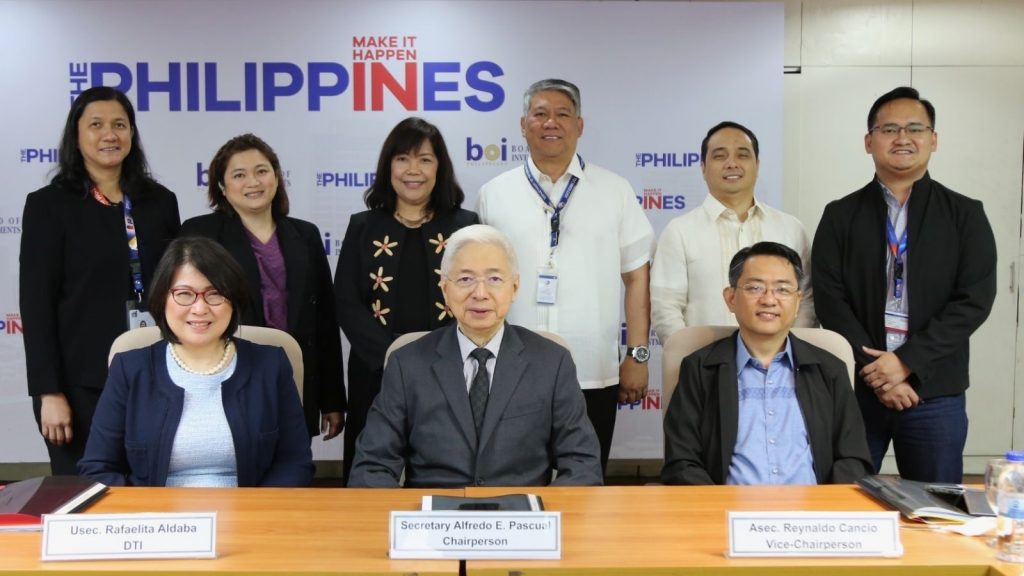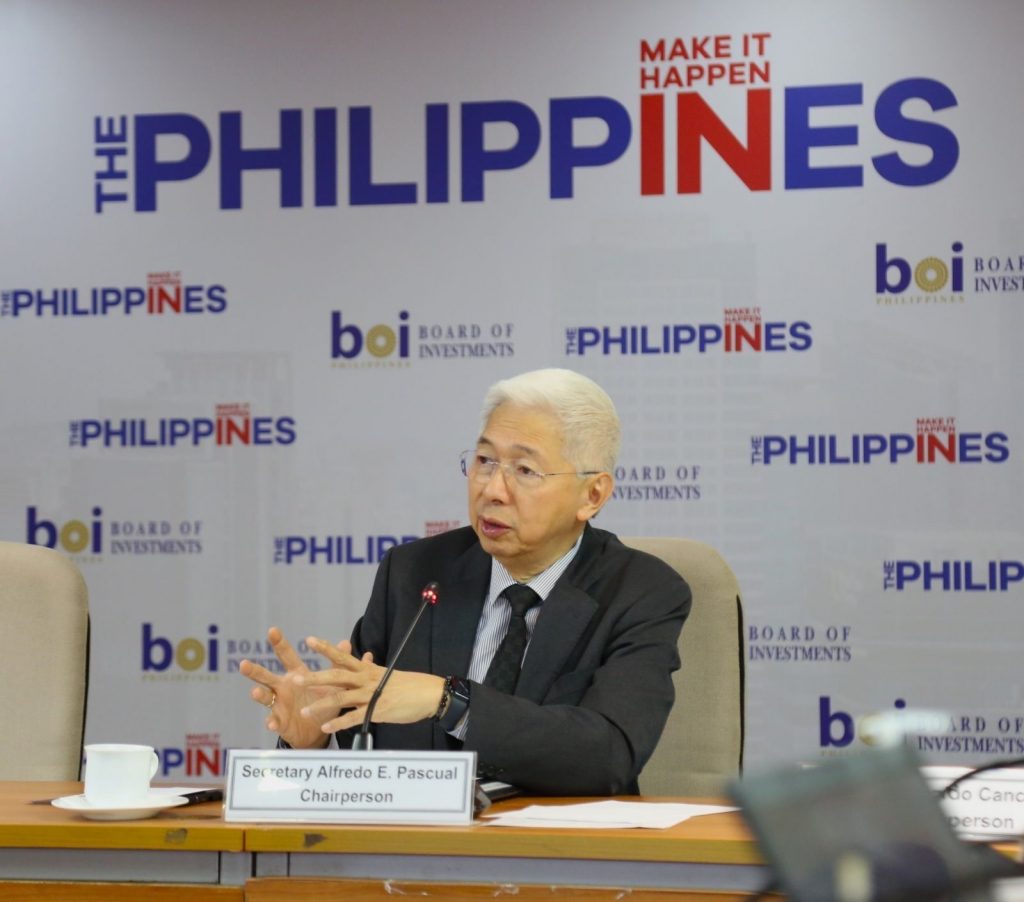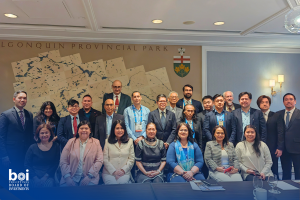
Makati City, Philippines–The Department of Trade and Industry (DTI) held the first Tatak Pinoy Council (TPC) meeting on April 3, 2024, following the recent enactment of the Republic Act (R.A.) No. 11981, also known as the Tatak Pinoy (Proudly Filipino) Act.
“After decades of implementing various industrialization strategies, the Philippines has reached a significant milestone in our development trajectory with the recent enactment of the Tatak Pinoy Act. This act officially institutionalizes an industrial policy that supports local industries and creates high-quality jobs for Filipinos,” said DTI Secretary Fred Pascual.
The TPC meeting focused on discussing the key features of the Tatak Pinoy Act and presenting the comprehensive work plan of the Tatak Pinoy Industrial Policy (TPIP) program.
The TPIP program outlines a holistic set of priority initiatives and projects designed to promote economic complexity and diversification, targeting industries with high global growth potential and implementing targeted interventions such as significant investments in industrial innovation, skills training, and market expansion.
Focused on the country’s pursuit of science, technology, and innovation (STI)-driven industrialization to foster a vibrant and dynamic economy, the TPIP program aims to introduce new products and services through innovation and creativity.
Additionally, the program plans to revolutionize the Philippines’ industry with the establishment of the Center for Artificial Intelligence Research (CAIR) and the Industry 4.0 Pilot Factory (I4PF). These projects are intended to harness the power of AI and Industry 4.0 technologies to propel innovative and future-ready industries.
“The Tatak Pinoy Act ushers in a new era for Philippine industrialization, providing a robust framework to empower Filipino excellence and nurture homegrown industries. It is our roadmap to economic prosperity, championing local industries and empowering them to compete on the global stage,” said DTI Undersecretary Rafaelita Aldaba.
President Ferdinand R. Marcos, Jr. signed the Tatak Pinoy Act on February 26, aiming to enhance the Philippine industrialization strategy by improving the productivity and competitiveness of local industries in the global market. It also seeks to diversify products and services, focusing on complexity and quality, to strategically position the Philippines within global value and supply chains.
The law established a 13-member council consisting of the Secretary of the DTI as Chairperson; the Secretaries of the Department of Finance and the National Economic and Development Authority as Vice-Chairpersons; the Secretaries of Agriculture, Budget and Management, Information and Communications Technology, the Interior and Local Government, Labor and Employment, Science and Technology; and four (4) private sector representatives as members.

“The TPC is in a unique position in history, as we are the ones laying down the strategy’s foundations. The pillars that we build will stand beyond our time, paving the way for future generations to refine competencies, expand our product space, and advance the sophistication of Filipino goods and services,” Secretary Pascual emphasized.
The TPC is mandated under the law to spearhead the formulation of the multi-year Tatak Pinoy Strategy (TPS), an integrated industrial strategy that complements and harmonizes all existing initiatives. This will also serve as the foundation for the envisioned economic transformation of the Philippines.
Furthermore, the council will lead the implementation of plans and programs organized around five key pillars: human resources, infrastructure, technology and innovation, investments, and sound financial management.
The DTI will conduct public consultations in the coming weeks with various stakeholders for the formulation of the Implementing Rules and Regulations. The DTI is currently in the planning and preparation phase for the TPS. ♦
Date of release: 04 April 2024









